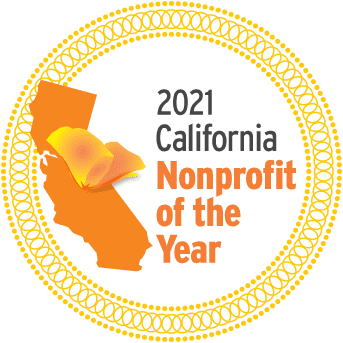As you prepare to graduate, what kind of legacy do you want to leave? How do you want your life to touch others in the College Program, and San Quentin, and in the larger community?
I want to leave the Prison University Project knowing that I can be proud of the fact that I didn’t quit. And I would like for those that follow to know that if I can do it, anyone can. Everything I’ve ever done in my life, I’ve walked away from. This degree will always be a reminder that I’m no longer a quitter. It’s one of the proudest moments of my life.
What has been your favorite class?
One of my favorite classes was an Art Appreciation class that focused on photography. Nigel Poor was the instructor. I enjoyed it because I was always interested in photography and through her experienced instruction, I was introduced to the world of Art. Not just photography; I learned to take in all forms of art, and almost as a byproduct, it taught me acceptance, understanding, and tolerance towards other people’s right to express themselves in whatever way they pleased. It also refocused my perspective, in that I see beauty all around me.
If you could share one piece of advice with incoming students, what would it be?
No matter how frustrating or dull it gets, just get through it and don’t quit!
What do people most commonly misunderstand about the criminal justice system, and about incarcerated people? What do you wish people understood?
I came to prison as what I call a “late bloomer” at the age of 48. Before that, I sometimes watched programs like “Locked Up,” depicting prisons that are violent and dehumanizing . But when I got here, scared and leery of everything around me, I began to see all of the positive people, programs, and volunteers around me. I later began associating with other inmates that wanted to better themselves as much as I did. I soon discovered that most of the people I’ve met in prison have more integrity and honesty than some of the people I used to be around in the outside world. What I would like for people to understand outside is that most of the people in prison are just like everyone else. Through positive role models, education can dramatically change the hearts and minds of anyone. It certainly has changed mine.


